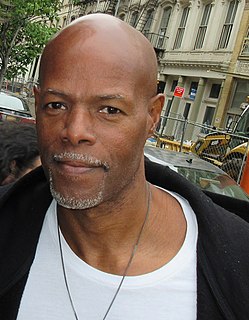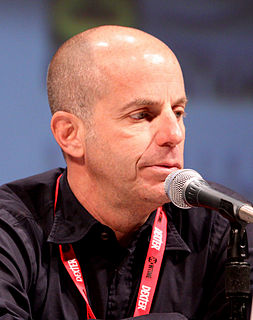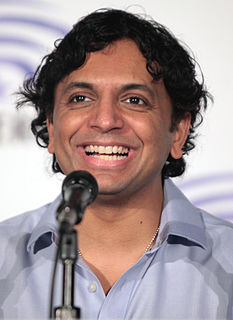A Quote by Joe Swanberg
On a really big budget movie you do chemistry reads, and you sort of hedge your bets a little bit more and make sure that these people get along. But on the low budget side of things, I have to trust my gut that when I cast these people, the various elements are going to play together.
Related Quotes
A budget is not an issue. I mean a budget is used if you need more weeks or more time or more elements, but the creative process is exactly the same. In some instances you become more of a boss when you are doing a small movie. So that is not so relevant. The only thing is that the bigger a movie is in terms of budget, is that there are more people giving opinions.
When you raise the budget, you make creative compromises. The higher the budget goes, the more cuts in your movie happen. When people talk about how movies are watered down, that's a direct reflection of money and budget. The less money you spend; the more risks you can take. That doesn't mean it will be successful, but at least you can try different stuff. The higher your budget is, the less you can do that.
The Freebie cost virtually nothing. We funded the movie ourselves, people got paid, but were mostly paid in the back end, we used one of the cheaper cameras we could get. The movies have a look to them, you can sorta point out the really low-budget movie. So even if the heart of the movie and the story are really, really great, they always sorta feel a little cheap.
I think one of my favorite things about making low budget movies is that when you get into expensive moviemaking territory, it's almost impossible not to reverse engineer the movies. It's irresponsible not to think about the result and the financial result. But when you make low budget movies, you can put that out of your head.
I'll tell you what's funny about it [NSA wiretapping]: They tell us we got to cut the budget; we have to have budget rollback. We're going to cut the budget on air traffic control, and every once in a while your plane is going to be delayed for three hours. But we do have the money laying around to hire people to read your emails and listen to your phone conversations. That just doesn't make any friggin' sense at all.



































